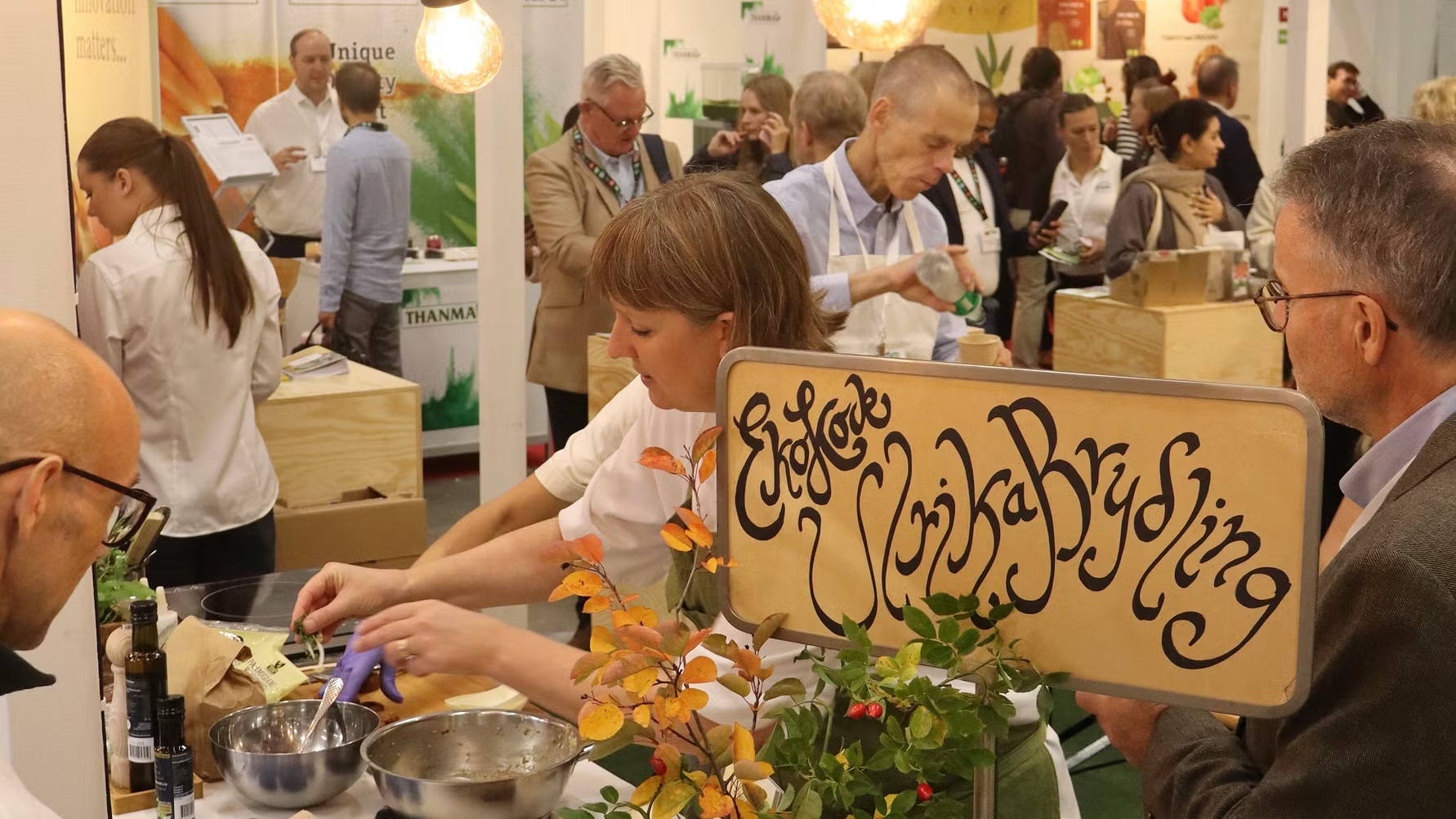Government inaction blamed as organic farmland stagnates in England while Scotland sees six years of growth
England’s organic farming sector is stagnating, according to new government figures, as Scotland celebrates its sixth consecutive year of growth in land being farmed organically. Industry experts and campaigners are now calling for urgent government intervention in England to revitalise the sector and seize the opportunities offered by a booming organic market.
New data released by Defra show that in 2024, Scotland saw a 13% increase in organic farmland, including land in conversion, bringing its total to 131,500 hectares. Meanwhile, England’s organic farmland edged up just 1% to 502,800 hectares, while Wales suffered an 11% decline to 68,300 hectares.
Even more telling is the surge in land entering conversion to organic farming. Scotland led the UK with a 102% increase in converted land, rising from 13,100 hectares in 2023 to 26,500 hectares in 2024. In contrast, England’s growth in this area was limited to 7%, and Wales experienced a dramatic 45% drop.
The Soil Association, a leading advocate for organic agriculture, says the lack of support in England is pushing farmers away from more sustainable farming practices and leaving the UK increasingly dependent on imports to meet growing consumer demand for organic food.
“Scotland is continuing to lead the way on organic farmland and conversions with strong government support and ambitious targets,” said Adrian Steele, Organic Development Advisor at the Soil Association. “England is falling significantly behind with little or no discernible growth in total organic farmland in ten years. ”
Steele criticised the freezing of the Sustainable Farming Incentive (SFI), which he said has had an “immediate impact” on organic conversions. He warned that the UK risks missing its environmental and biodiversity targets if urgent steps aren’t taken to support homegrown organic production.
“Nine out of ten farmers, attending a recent webinar for those considering switching to sustainable, organic and nature-friendly farming, have expressed their frustration that the door has been shut on SFI payments,” he added. “In the short-term the Government could put organic back into the Countryside Stewardship scheme to provide an incentive for new entrants and the necessary maintenance support to avoid farmers losing faith and abandoning the sector.”
The Soil Association is urging the UK Government to implement an Organic Action Plan similar to those in Scotland and across Europe. Discussions are underway with Defra, but Steele warned that action is overdue.
Scotland, by contrast, is on track to meet its target of having 10% of farmland farmed organically by 2026. Since 2021, organic land in Scotland has grown by 26%, and the number of certified organic producers and processors has increased to 530. The Scottish Government is being urged to build on this momentum with a formal Organic Action Plan to boost demand and support infrastructure.
Wales presents a mixed picture. While total organic land has declined, the long-term trend remains upwards. The Welsh Government has reinstated some support for organic, but uncertainty around future schemes and the absence of a conversion programme continue to undermine confidence among farmers.
Georgia Phillips, Commercial Director at Soil Association Certification, warned that the UK risks squandering a major economic and environmental opportunity.
“This looks like a repeat of last year’s organic farmland stats, revealing sustained strong performance by Scotland where there is clear government support, and a lack lustre performance by the rest of the UK. ” she said. “It’s a missed opportunity we must grasp for the UK to boost our organic farmland in line with the burgeoning organic market.”
Demand for organic food and drink continues to climb. The UK market grew 7.3% in 2024, reaching £3.7 billion. Early data for 2025 shows further momentum, with 10% growth in the first quarter alone, driven by rising unit and value sales.
Phillips said, “We know that there are plenty of farmers who want to shift their system of production to be more in tune with nature. But they need the reassurance that the Government is committed to meeting its environmental targets and fully behind a sustainable and resilient approach to farming.”





